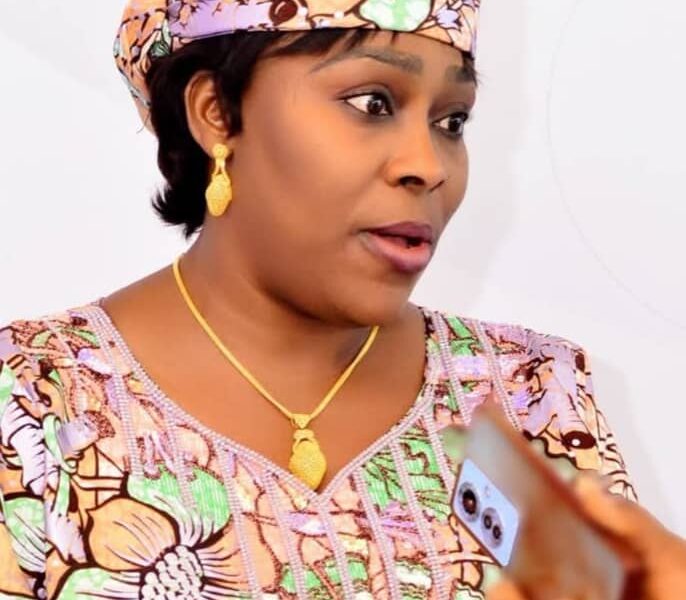…Beyond 35%: Kogi Women Now Hold 45% of Leadership Roles — Commissioner Momoh
When Hajiya Fatima Momoh assumed office as the Commissioner for Women Affairs in Kogi State, she envisioned a ministry that would become a home not just a bureaucratic structure for the women and families it serves. Today, that vision is unfolding across the state, reflected in a trail of inclusive programs, expanded representation for women, and a unique leadership approach that blends accessibility, humility, and resolve.
Under her stewardship, Kogi State has emerged as one of Nigeria’s leading lights in gender representation. “We are even beyond the 35% affirmative action,” she told Women News in an exclusive interview. “Right now, we’re achieving up to 45%. Out of the 21 local government vice chairmen in the state, all are women. And we have over 110 female councilors. That’s how far we’ve come.”
But it’s not just about numbers. Momoh’s leadership has brought a renewed sense of purpose and visibility to women, especially at the grassroots level. “We don’t just stop at putting women in positions. We make sure it reflects in the lives of real women on the ground the market traders, the young mothers, the rural farmers,” she said.
One of her strongest legacies is creating a welcoming and responsive ministry that listens. “I always tell people: my office is open. I want everyone who comes in crying to leave smiling,” she noted. This ethos of empathy and practical action was exemplified when staff members, inspired by her example, raised funds on the spot to assist a young mother whose child needed urgent medical attention.
Momoh has also pushed forward advocacy and structural interventions, such as increasing access to health care in rural communities and promoting women’s economic independence through initiatives like the Nigeria for Women Project. “Even before becoming commissioner, I worked with women in my community. Now, I make sure resources and programs get to those who truly need them not just the connected,” she emphasized.
She is keenly aware of the friction that can exist between women in leadership particularly between commissioners and wives of governors — and is calling for clarity of roles to avoid power tussles that stifle impact. “It’s time we clearly define boundaries and respect each other’s roles. We complain that men don’t give us space, but are we also giving each other space to lead?” she asked.
Beyond her policy wins, Hadjia Momoh has become a model of what grounded leadership looks like: a commissioner who enters villages unannounced, who funds programs from her personal resources when necessary, and who sees her office not as a throne, but a platform for collective empowerment.
Her message to women in leadership is simple but profound: “Be humble. Men are easier to work with when you don’t come in carrying pride. Be focused. And remember, if we don’t support one another, no one else will.”
As Kogi State continues to invest in primary health care, gender equity, and local governance reform, Hadjia Momoh’s work offers both a benchmark and a challenge that when women are given real power and choose collaboration over competition, transformation is inevitable.


